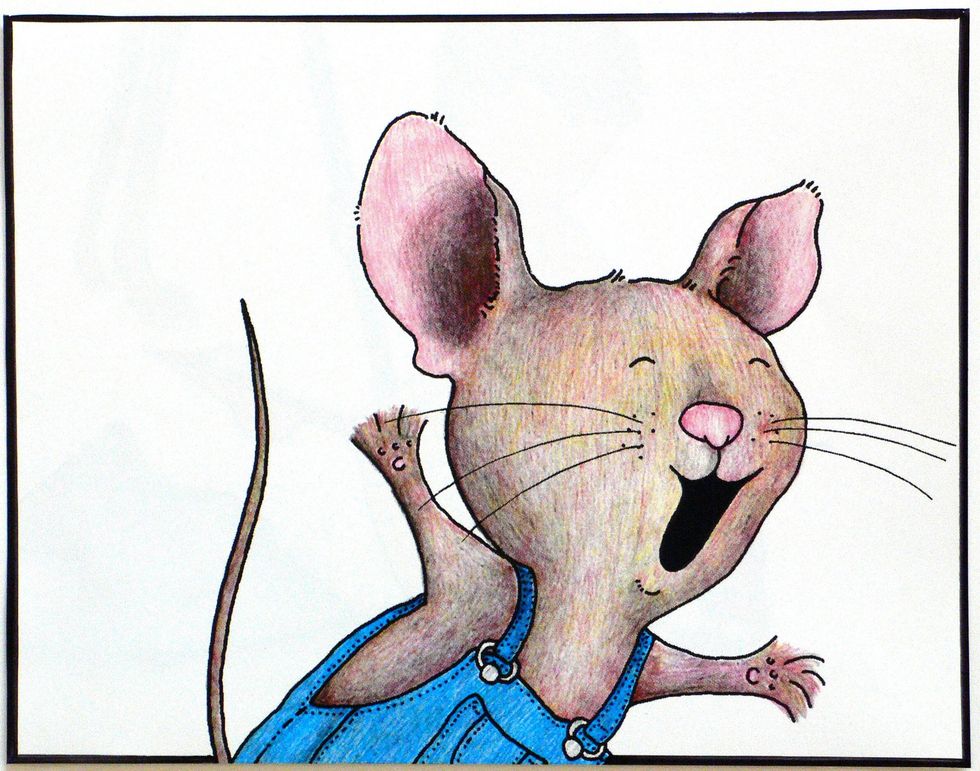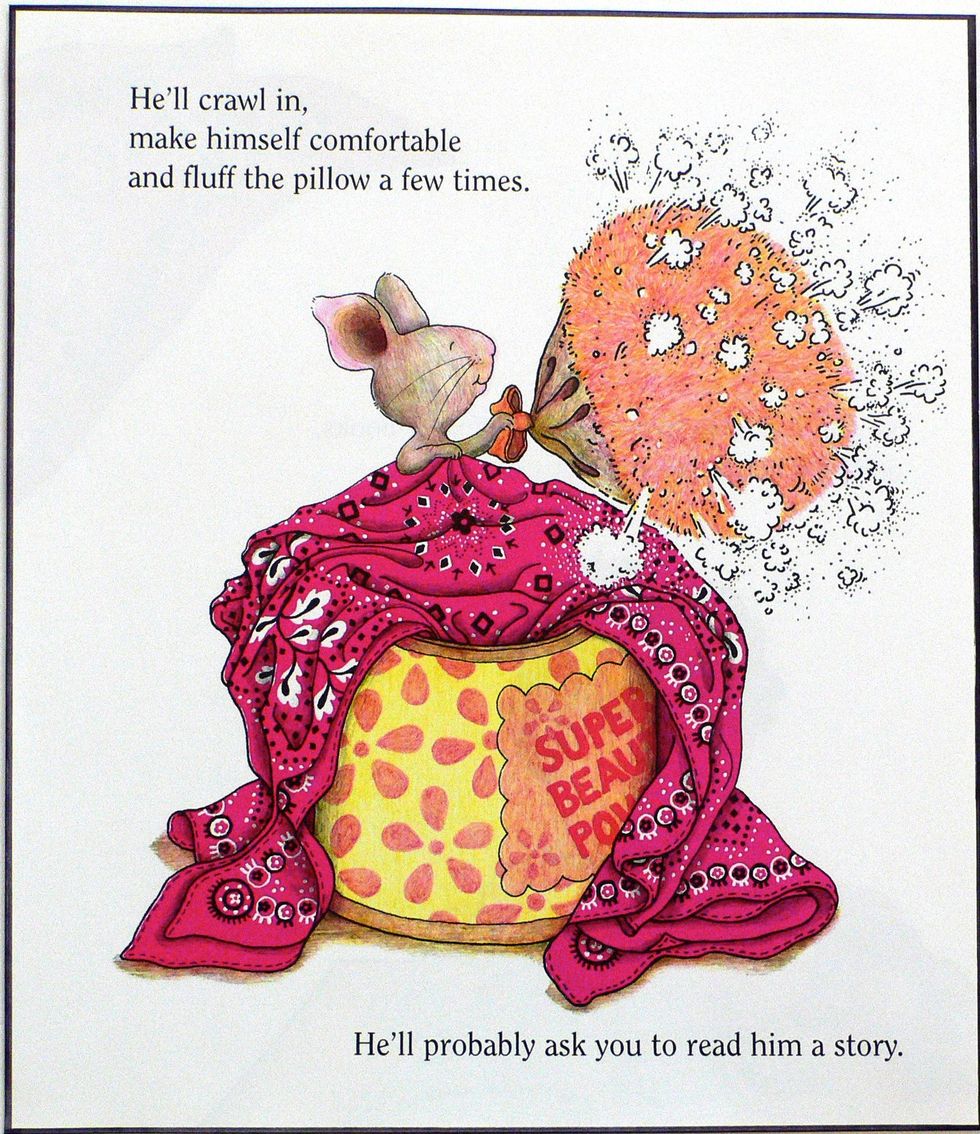The times I visited Bangladesh over the past years have been very eventful, enlightening and memorable. It is always interesting stepping outside of this country, as it leads to so many eye-opening experiences and sights that are hard to fathom from the comfort of my home. Being in touch with my culture and traditions is a notion that I have progressively given more and more value to as I have gotten older. I find it immensely important to understand the way in which my culture has functioned over the years in order to understand the deep-rooted mentalities that still affect myself and the developing adolescents of today.
Though there are many misfortunes that have caught my eye while traveling within my motherland, such as the overwhelming number of injured and impoverished on the streets, one of the greatest issues I faced was not so easily apparent.
In Bangladesh, there is a tragic emphasis for women, in particular, to try and obtain the fairest possible complexion. Being born and raised in the United States has kept me sheltered from the idea that people actually equated beauty with the lightness of skin. But, the more I observed people in Bangladesh firsthand, I began to see how much this emphasis is underpinned within the society as a whole.
When I turn on the television to a Bengali channel, there will almost always be a commercial advertising for creams and products that ultimately bleach the skin in order to lighten it. There is nothing wrong with one’s individual preference for a lighter complexion, but when this ideology permeates an entire society, that’s when the issue becomes a little more complex.
It’s astounding to me, to try and conceptualize the fact that people of the same country hold an expectation and standard for women, in particular, regarding their skin color. Darker complexions are seen as unattractive and become a different, lesser level of measuring beauty.
It’s difficult for me to wrap my head around this whole idea of complexion as being a key feature in assessing one’s level of beauty, but this is considered the norm in Bengali communities. Hearing that a girl has a lighter skin color seems to signal to all that she is desirable and utterly more beautiful than others.
The reason this mentality disgusts me has to do with the fact that women are not only discriminated against based on their complexion, but are led to taking measures in which they attempt to alter their complexion in order to please the standards of the society.
The fact that women are literally bleaching their skin and applying lightening creams because they are told that this will ultimately turn them into a more attractive and accepted person is saddening beyond belief.
I think the most heart-breaking aspect of this whole issue of complexion lies with the fact that it seems to only impact women. A woman with light skin is rendered relatively more beautiful than those darker than her, but this does not apply in the same way for men. Men do not have the same social pressure in regards to skin tone, but somehow have the preference for a lighter-skinned woman. This unequal significance regarding complexion highlights the constant patriarchal mindset that dominates Bangladesh.
It is unfair that women of Bengali communities must not only endure the insecurities that arise with the emphasis on lighter skin tones, but are indirectly forced to change themselves in order to meet such standards.
This issue is taken off the table with the introduction of considerably innovative products that aim to cater to these standards. Companies such as Fair & Lovely thrive off of this concept regarding skin tones because it increases the demand for lightening creams and products.
Emphasizing light skin tones not only affects women, their insecurities and the measures they take to change their complexion, but also impacts men as well. Men, who are raised within a community that holds this mentality as the definition of beauty are shaped into believing that they must filter out women that are darker, and desire lighter-skinned girls. This mentality not only dictates what skin tone a man should prefer in a woman, but also instills the idea that being called dark is an insult in and of itself.
I’ve been wondering for the longest time when the society will get the memo that changes in complexion are influenced simply by genetics with a little help from the rays of the sun, but who knows how groundbreaking that news will be.



 Photo by
Photo by  Photo by
Photo by  Photo by
Photo by  Photo by
Photo by 















